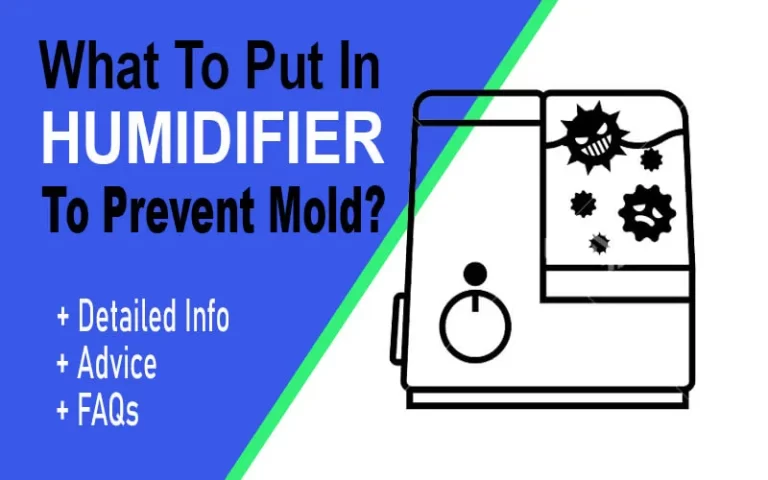#2 is Best! Types of Water Softeners [+Features] 2023 Savvy
There are many types of water softeners available on market. These types of water softeners do work differently from each other. Well, water softeners are devices that are used to remove hard water minerals from your water supply.
By doing so, they improve the quality of your water and make it more manageable for everyday tasks. Hard water minerals can wreak havoc on your plumbing and appliances, and can even make your skin and hair feel dry and irritated. By keeping these problems at bay, a water softener can save you money and headaches.
Types of Water Softener:
Water softeners are devices that are used to remove minerals like calcium and magnesium from hard water. There are several types of water softeners available in the market based on their working principles, each with its own unique features and functionalities.
Four types of water softeners exist: ion exchange, salt-free, reverse osmosis, and magnetic.
#1- Ion Exchange water softener:
An ion-exchange water softener is a type of water treatment system that removes hardness ions, such as calcium and magnesium, from water and replaces them with non-hardness ions, typically sodium. Ion exchange is a process in which one type of ion is exchanged for another on the surface of an ion-exchange resin.
An ion-exchange water softener works by passing water through resin beads. A sodium ion coating is applied to the beads, which attracts and binds to the hardness ions in the water. By exchanging hardness particles for sodium particles, the hardness particles are taken out from the water.
#2- Salt Free water softener:
Water softeners without salt soften water with potassium instead of sodium.
These units are often preferred because they don’t add salt to the water, which can be beneficial for those on low sodium diets. Additionally, potassium is a natural element that is not as harsh on the environment as sodium.
Some other features of salt free water softeners include the following:
- They can be used with any type of water, including well water.
- Water softeners of this type are often smaller and more compact than those of traditional water softeners.
- Regeneration doesn’t need to be done on a regular basis, and they require little maintenance.
- They are more affordable than traditional water softeners.
#3- reverse osmosis water softener:
Impurities are removed from water by reverse osmosis. The water is constrained through a semipermeable film, which permits the water to go through, however not the impurities. This interaction can be utilized to filter water and to eliminate hardness from water.
Reverse osmosis is a successful method for refining water. It can remove impurities such as bacteria, viruses, and chemicals from water. Reverse osmosis can also remove hardness from water. Water hardness is accomplished by minerals like calcium and magnesium in the water.
These minerals can develop on apparatuses and machines and bring on some issues like scale development and diminished proficiency. A reverse osmosis system can remove these minerals from the water, which will help to protect your fixtures and appliances and extend their life.
#4- Magnetic water softener:
A magnetic water softener is a gadget that utilizes electromagnetic curls to isolate specific particles that cause hard water, like calcium and magnesium, from the water.
The magnets in the device work by attracting the positively charged calcium and magnesium ions in the water and pulling them away from the negative ions. This process causes the hard water molecules to become more spaced out, which makes them easier to remove from the water.
Magnetic water softeners are turning out to be progressively famous in light of the fact that they are harmless to the ecosystem and don’t need synthetic substances or salt to work. Additionally, they are relatively easy to install and maintain.
How to Choose the Right Type of Water Softener Salt?
There are several fascinating focuses while picking the right kind of water softener salt for your necessities. The kind of water softener framework you have, your water utilization, how hard your water is, and how much upkeep you’re willing to place in are factors that will impact your choice.
If you have a standard ion exchange water softener system, then you’ll need to choose between salt pellets and solar salt. Solar salt is a more natural option and is less expensive, but it does require more maintenance. Salt pellets are more costly, however they last longer and are simpler to keep up with.
Your water usage will also affect your decision. In the event that you have a high water utilization, you’ll have to pick a salt.
Do I Need a Certain Type of Water Softener For Well Water?
On the off chance that you have well water at your home, you may be contemplating whether you really want a particular sort of water softener. The answer is that it depends on the hardness of your water. If you have low-to-medium hardness water, a salt-free water softener is generally recommended.
Sans salt water softeners utilize an interaction called ion exchange to eliminate minerals from your water. This process does not add any chemicals to your water, which makes it a more environmentally friendly option.
One disadvantage of without salt water conditioners is that they are not as viable at eliminating minerals as salt-based frameworks. Notwithstanding, they are as yet a decent choice for those with low-to-medium hardness water.
Dont forget to read the differences between Descaler and water softener.
FAQs:
Which is better, salt or no salt water softener?
There are several fascinating focuses while picking the decision about whether to include salt in a water softener. First, salt-based water softeners are proven to provide softer water.
This can be useful for individuals with delicate skin, as it can assist with forestalling disturbance and dryness. Additionally, salt-based water softeners can help to prevent scale buildup and soap scum.
This can be beneficial in both residential and commercial settings, as it can help to extend the life of plumbing fixtures and appliances.
At long last, salt-based water softeners are by and large more reasonable than their other options. Hence, salt-based water softeners are ordinarily the most ideal choice for the vast majority.
Do You Need a Water Softener in Ottawa?
If you live in the City of Ottawa, you may not require a water softener. The water hardness in Ottawa is about 3 GPG (grains per gallon), which is on the lower end of the spectrum. Water softeners are typically used in areas with water hardness above 7 GPG.
Thus, on the off chance that your water is for the most part straightforward, you may not require a water softener. Additionally, water softeners can be expensive and require maintenance. If you decide that you do not need a water softener, there are some things you can do to mitigate the effects of hard water, such as using soap that is designed for hard water or using a water filter.
Conclusion:
There are a wide range of types of water softeners accessible available, each with its own extraordinary arrangement of elements. It is essential to do all necessary investigation and select the water softener that is appropriate for your particular necessities. With such incalculable decisions available, you make sure to find the best fit for your home.

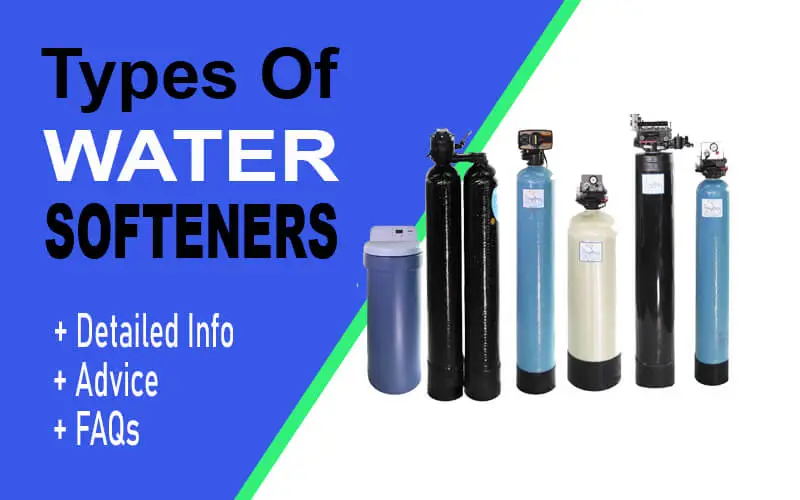
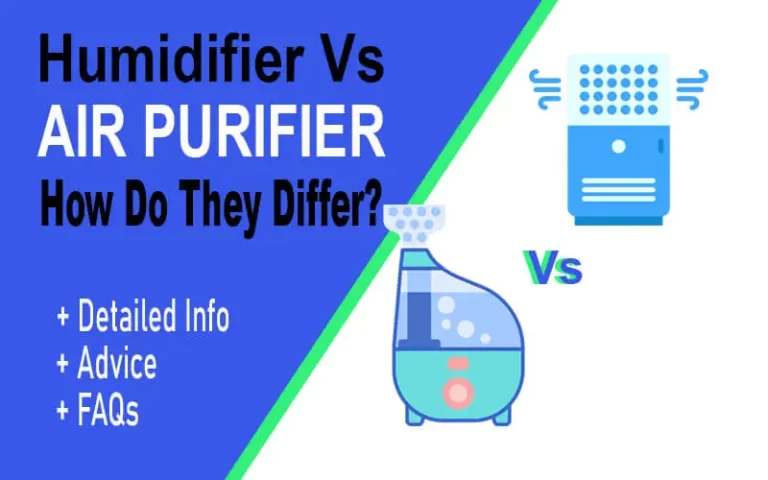
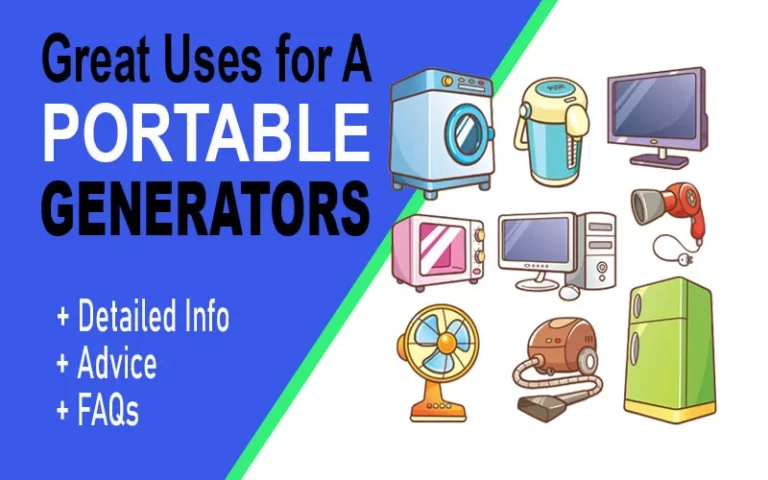
![Why is My House So Humid? [Info + Advice + FAQs] 2023](https://prohouseideas.com/wp-content/uploads/2022/07/why-is-my-house-so-humid-causes-768x480.webp)
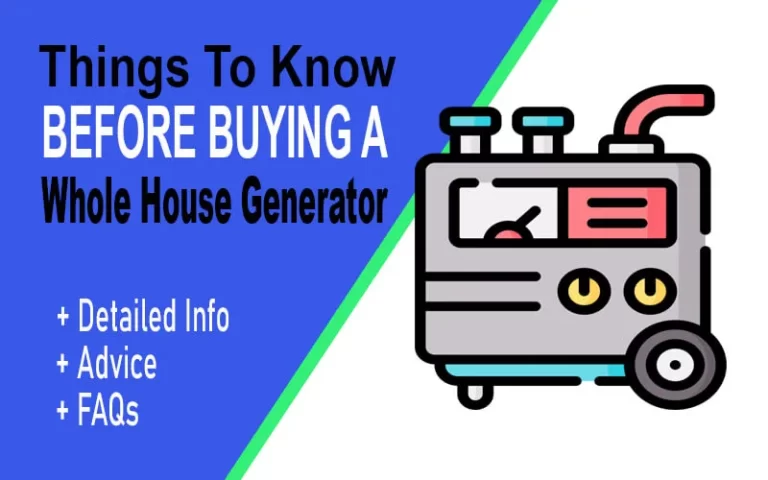
![Ultimate Guide: It’s All About The Benefits Of Dehumidifiers [2023]](https://prohouseideas.com/wp-content/uploads/2023/01/benefits-of-dehumidifiers-768x480.webp)
